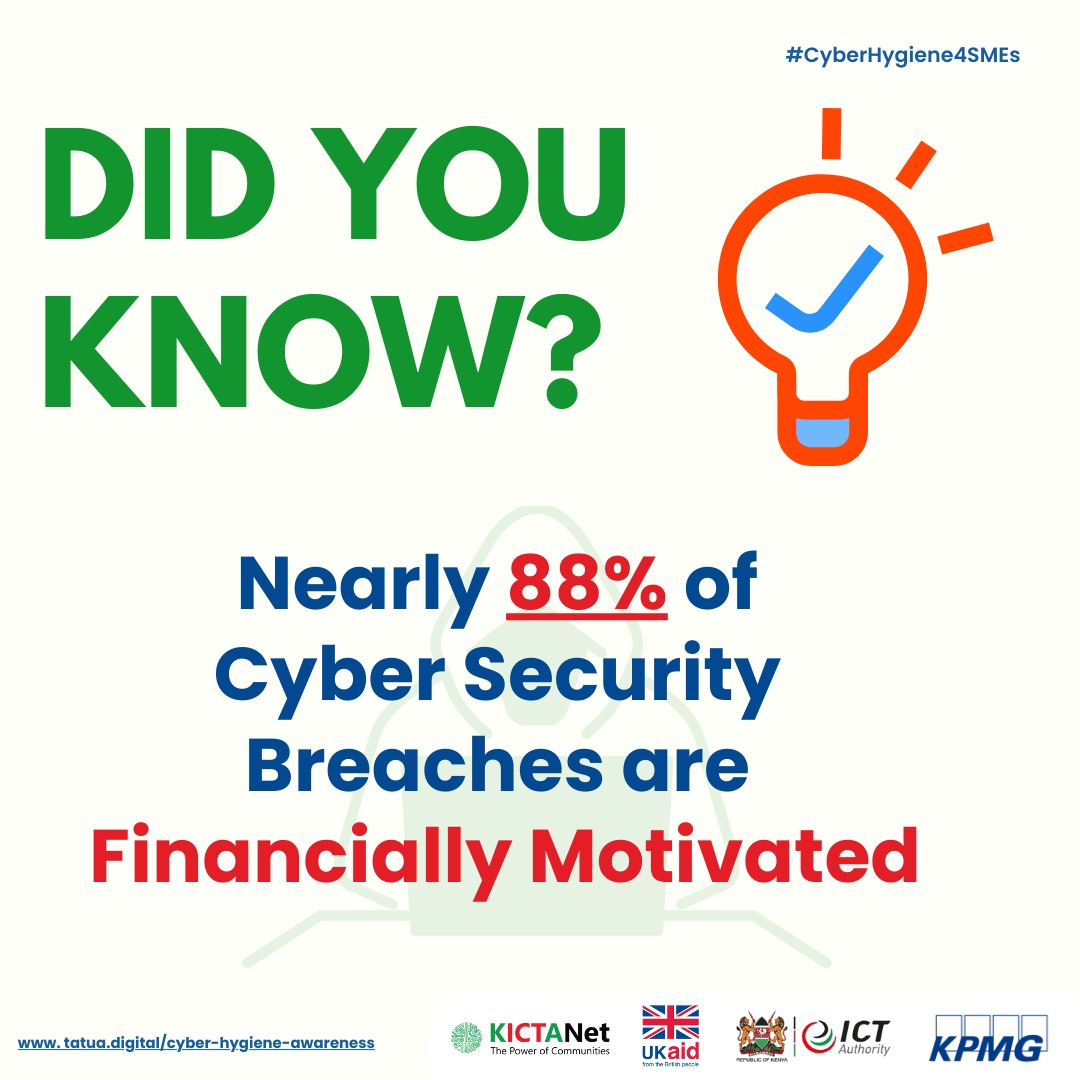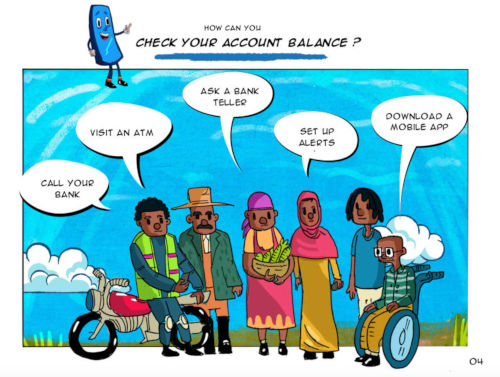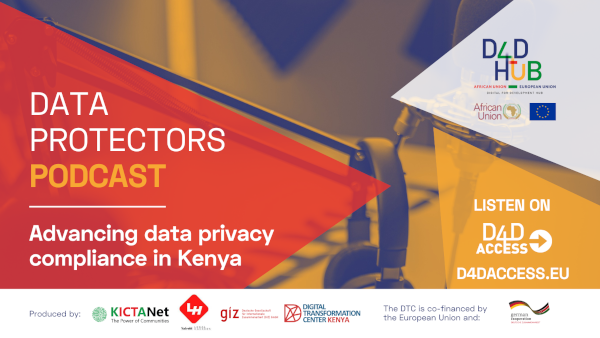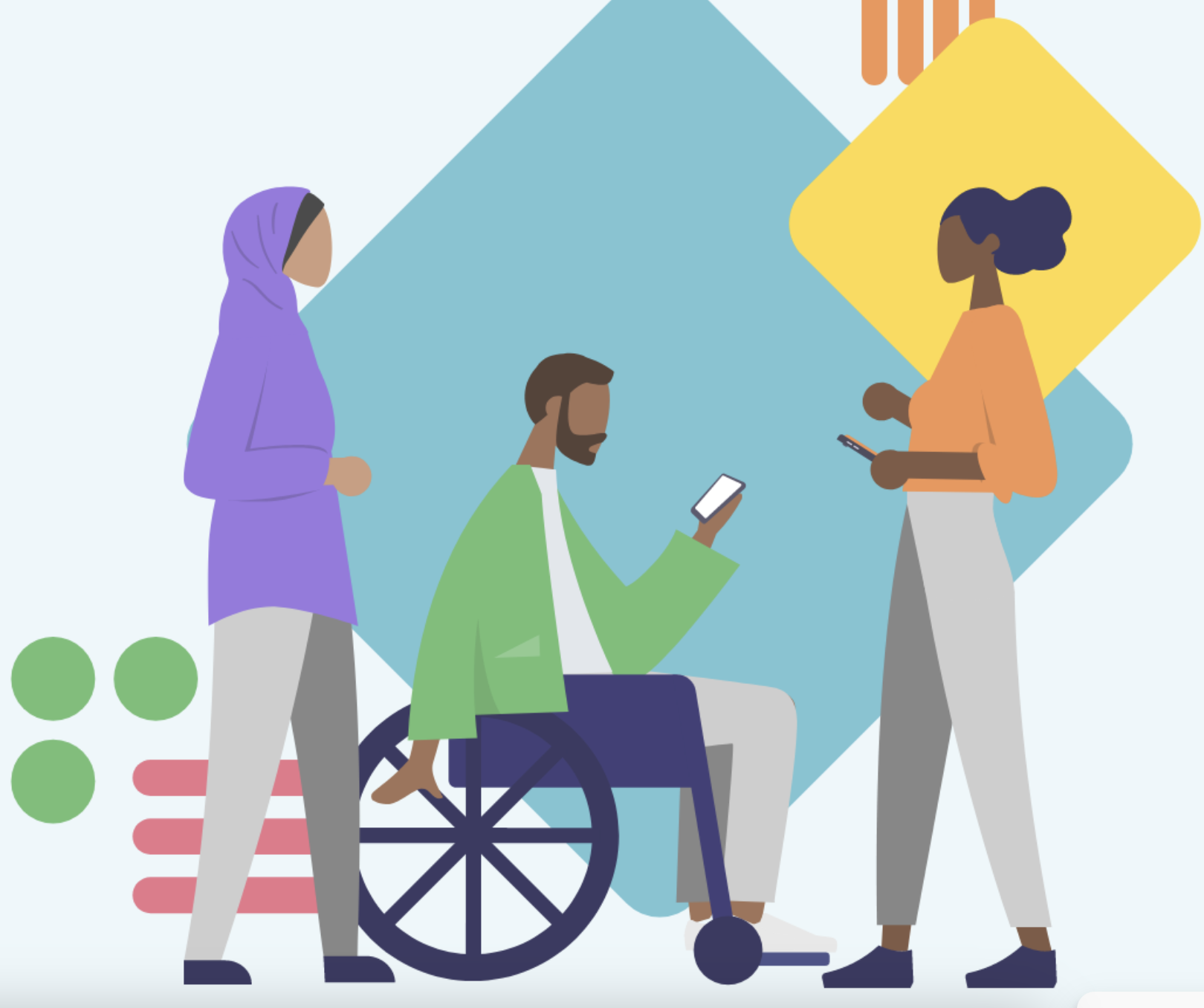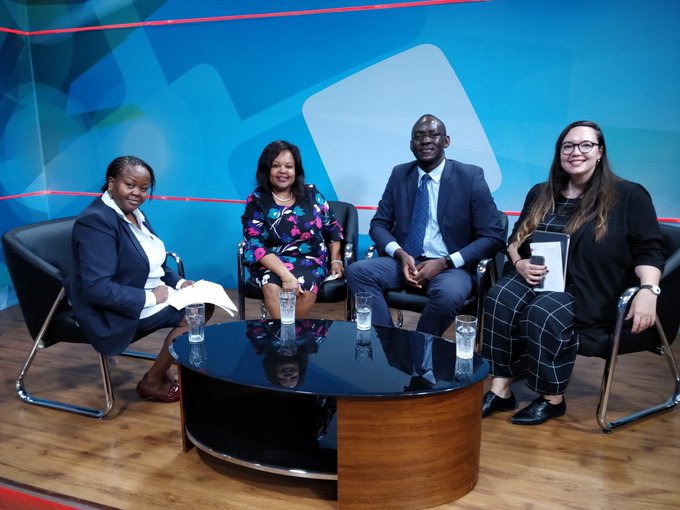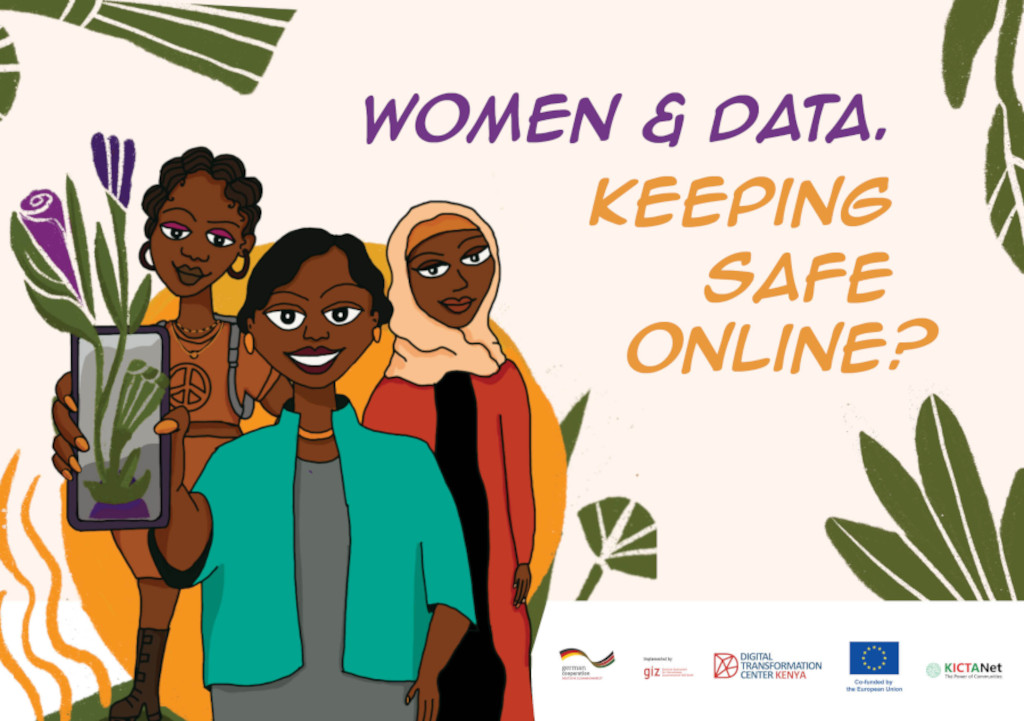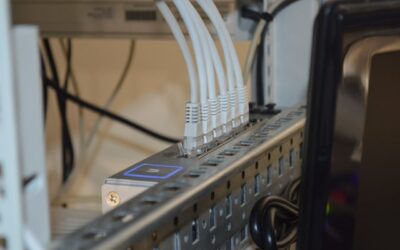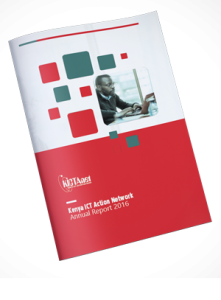KICTANET POST : Latest news, events & opportunities
Kenya’s Internet Disrupted During Protests: A Violation of Human Rights
26 June 2024. Statement on the Nationwide Internet Disruption in Kenya. We strongly condemn the government's disruption of the internet in Kenya, which began on June 25, 2024, at approximately 4:25 p.m. The disruption is still ongoing, and service providers or...
Kenya IGF 2024: Postponed – Reshaping the Conversation for a More Inclusive Future
By Multistakeholder Advisory Group (MAG) and KICTANet The Kenya Internet Governance Forum (KIGF), a beacon for digital policy discussion, finds itself at a crossroads. The ongoing protests against the Kenya Finance Bill 2024 are more than a headline; they're a pivotal...
Statement: #RejectFinanceBill2024: Kenya’s Youth Erupt Online, Face Crackdown
The Kenyan protests against the Finance Bill, 2024 have been primarily driven by concerns over the rising cost of living and the perceived impact of new taxes proposed in the bill. The protests which have largely been organized through digital platforms like TikTok,...
The Future of Tech: Assessment of Digital Skills’ Supply and Demand in Kenya
Interestingly, some jobs such as customer service agents and data entry clerks are likely to be replaced by artificial intelligence, calling for skill resilience, improvement and relearning.
![]()
Joint Statement – A Call Against Internet Shutdowns in Kenya during June 2024 demonstrations
JOINT PRESS STATEMENT BY KICTANet, PARADIGM INITIATIVE, CIPESA, APC, AND INTERNET SOCIETY KENYA CHAPTER #KeepItOn - Preserving Digital Rights and Economic Prosperity: A Call Against Internet Shutdowns in Kenya during #RejectTheFinanceBill2024 picketing. Nairobi,...
#RejectFinanceBill2024 Trends: How Kenyan Youth Leveraged Social Media for Powerful Resistance
Kenya’s youth turned to social media to fight the Finance Bill 2024. Learn how X, Facebook, Instagram, WhatsApp, and potentially crowdfunding platforms fueled massive protests and ignited a movement.
![]()
Should KRA Bypass Privacy Laws to Collect Taxes?
By John Walubengo Kenyan lawmakers are debating the Finance Bill 2024 that would exempt the Kenya Revenue Authority (KRA) from the Data Protection Act (2019). This means KRA could access your data, like mobile money records, without a warrant. Section 51 of the Data...
Feedback: Understanding Why We React Differently
Explore why you might react differently to positive or negative feedback. Learn how cultural backgrounds, communication styles, and power dynamics influence feedback exchange. Discover tips for giving and receiving feedback effectively.
![]()
Kenya School of Internet Governance Inducts 9th Cohort
The Kenya School of Internet Governance (KeSIG) held an online student induction program for its newly enrolled 9th cohort on Friday. The program, hosted on a webinar platform, welcomed students from various stakeholder groups, including the Kenyan judiciary,...
KICTANet is a multi-stakeholder Think Tank for ICT policy and regulation. The Think Tank is a catalyst for reform in the Information and Communication Technology sector. Its work is guided by four pillars of Policy Advocacy, Capacity Building, Research, and Stakeholder Engagement.
KICTANet’s mission is to promote an enabling environment in the ICT sector that is robust, open, accessible, and rights-based through multistakeholder approaches.
During the 2022 – 2024 strategic period, KICTANet has prioritised the promotion of effective multistakeholder participation; an enabling legal, policy and regulatory environment; building capacities and empowered communities; and institutional strengthening. KICTANet’s guiding philosophy encourages synergies in ICT policy-related activities and initiatives. As such, the network provides mechanisms and a framework for continuing cooperation, engagement and collaboration in ICT matters among industry, technical community, academia, media, development partners, civil society and government.
_____
Strategic Priority.
- Convening power. To strengthen and promote engagement, collaboration and relationships with relevant stakeholders (state, business and non-state actors).
- Promoting an enabling environment. To catalyse policy, legislative and regulatory reforms in the ICT sector.
- Building capacities and empowered communities. To build the capacity of the stakeholders across government, business society and civil society and the citizens.
- Institutional strengthening.
The report outlines the work undertaken in between 2007 and 2016 which is underpinned by crowd sourcing and community engagement
Click here to download the report
FACTS AND FIGURES
Achievement of the Network over the Years
Publications
Thought Leadership Forums
Persons trained
Policy Interventions
Conversations in KICTANET listserv
Active listers contributing often
Different conversation threads
Impressions on ICT policy discussions
Our Pillars
KICTANet’s organisational strategy:
Policy Advocacy
Capacity building
Research
Stakeholder engagement
We facilitate stakeholder engagement through collaborative initiatives in face-to-face Town Hall meetings, and in the KICTANet?s interactive mailing list where multiple stakeholders engage regularly on ICT policy issues.


